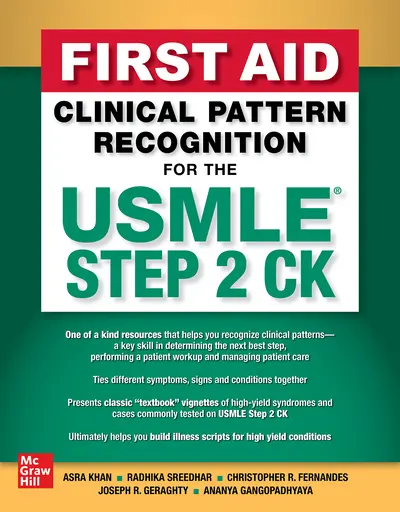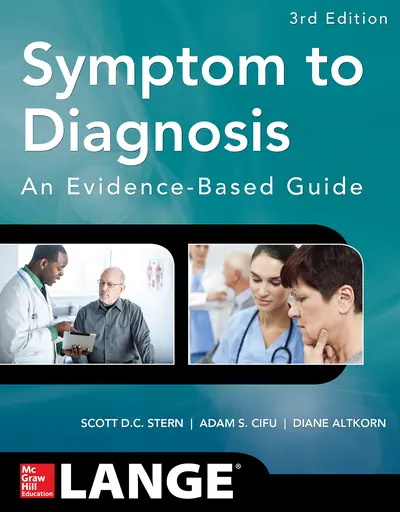Anki Tutorial & Approach to Medical School Studying
- Omar Y
- Sep 10, 2025
- 2 min read
Updated: Oct 1, 2025
Initial Thoughts on Anki
Anki is a great memorization tool. It is NOT a replacement for logically walking through material. While it seems that both go hand-in-hand, there is a nuanced difference, in my opinion. Many people use Anki as a way to learn quick facts and therefore think they're building a foundation, which can be true. However, none of this is worth it if you don't have a structured outline (this is what constitutes a foundation) in your brain of how to narrow down a differential
I will give you an example:
Notice how when we think of big picture → Neonate has respiratory distress.
If you use a Anki predominant approach, you will find that you will have to cycle through all the different disease you know which can be time consuming.
Contrarily, if you begin going down an algorithm pathway (what is the worst thing can be? sepsis → what would I do after?): what are the lung conditions that can happen in different time frames (prematurity vs at-term). What I'm describing is more of an outline versus me just spitting random facts about Respiratory Distress Syndrome, Transient Tachypnea of Newborn, etc)
The Anki predominant approach was a mistake that I made in my studying, which becomes more apparent during Step 2 than it does Step 1 (Step 1 is more of a fact based test)

This approaches delineated in the "Symptoms to Diagnosis" textbook, a very popular resource for Internal Medicine rotation

Basics
If you have absolutely no clue where to start, I would recommend watching this video
You must active FSRS!!!!!! (It is the latest, tested Anki-algorithm)
Searching

Search using specific terms





Comments